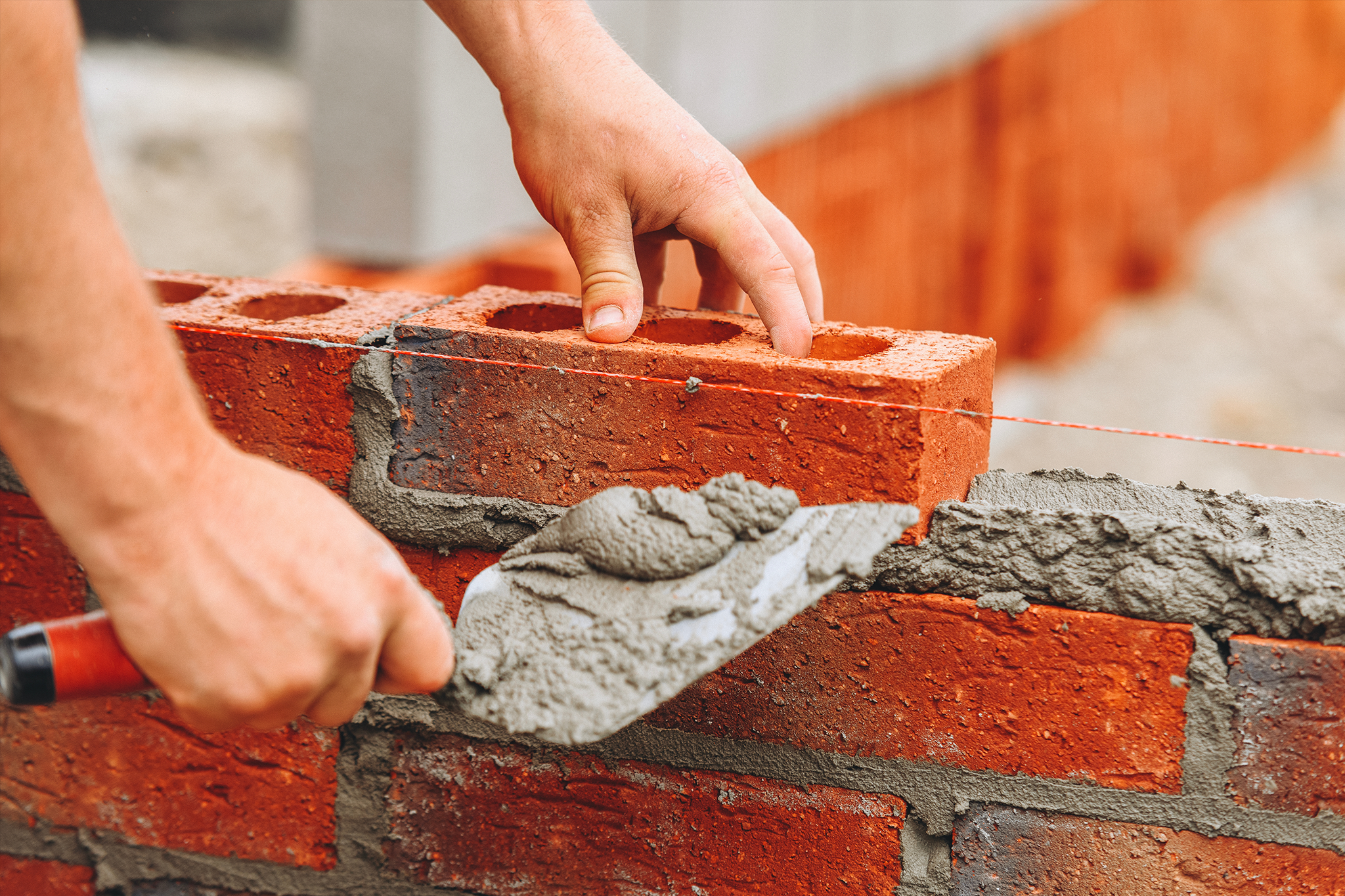

Buying a Home in WA? Here are the Costs You Need to Know About
Buying a home is a significant investment that requires budgeting, thorough planning and a clear understanding of the financial commitments involved. It’s important to be aware of all potential fees before you proceed, so you can ensure that you meet your obligations to your lender and manage your finances effectively, avoiding unexpected financial strain. These fees can include:
Deposit
A deposit is the initial amount you pay upfront when purchasing a home. It’s a one-off payment calculated as a percentage of the home’s purchase price and generally ranges from 5% to 20%. The deposit amount will depend on a number of factors, including your lender, loan type and financial situation. The loan amount you will be required to pay back is the total purchase price minus the deposit.
Lenders Mortgage Insurance
In WA, you will generally be required to pay Lenders Mortgage Insurance (‘LMI’) if you wish to borrow an amount over 80% of the purchase price. In other words, if your deposit is less than 20% of the purchase price. LMI protects the lender if you default on your loan and the property is sold for less than the outstanding loan balance. However, most lenders will pass the cost of LMI onto you, the purchaser.
Loan Establishment Fee
If you’re taking out a loan, some lenders may charge an establishment fee to cover the setup costs of your loan. This is a one-off payment that varies between lenders but is generally at least a few hundred dollars. Your lender may also charge additional administrative fees, such as a loan processing fee. It’s important to do your research on the different lenders and the fees they charge. Your mortgage broker should be able to assist you with this step.
Mortgage Registration Fee
A mortgage registration fee is a fee payable to the title’s office (known as ‘Landgate’ in WA). As the name suggests, this fee covers the registration of the mortgage against your property. This registration process makes the mortgage a matter of public record and is essential for the lender’s legal rights over the property.
Transfer Duty
Transfer duty (formerly known as stamp duty) is a government tax based on the purchase price of the property. The rate of duty or amount payable is calculated according to the Duties Act 2008 (WA). First time homeowners may be eligible for the first homeowner duty concession rate, designed to make home ownership more affordable for first-time buyers, making it easier for them to enter the property market. It’s important to refer to the State government website and consult with a professional with respect to eligibility and thresholds.
Mortgage Repayments
Mortgage repayments, or home loan repayments, are regular payments made to your lender to cover the amount borrowed to purchase your home. Mortgage repayments are generally made up of the following:
- Principal: this is the portion of your repayment that will go towards reducing the original loan amount.
- Interest: this is essentially the price you pay for borrowing the money, determined by interest rates.
The amount of your mortgage repayments will depend on the terms of your home loan.
Utility Connection
You may be required to pay a utility connection fee as a new customer of a utility company. This will go towards covering administrative costs associated with setting up your account and connecting your utilities.
Building Insurance
Most lenders will require you to take out building insurance before finalising your loan. For lenders, it’s important to protect the property to ensure that the loan can be repaid. The amount payable will depend on your provider, the type of home, and the extent of your cover.
Legal and Settlement Fees
The purchase of land involves a detailed legal process, requiring specific paperwork and administrative tasks to be completed before the sale can be finalised. You will need to seek the assistance of solicitors and/or settlement agents to help facilitate the sale. They will ensure that everything proceeds smoothly and in line with relevant legislation. Unfortunately, this means more inevitable fees.
Inspections
If you’re purchasing an established home, we strongly recommend having building and pest inspections carried out before settlement. While these inspections can be costly, they can help to safeguard you against potentially significant costs related to underlying issues with the property.
Strata Fees
If your home is part of an existing, shared complex, such as units, apartments or townhouses, you will likely need to pay strata fees to cover building insurance and the maintenance of common areas, including car bays, gardens, a swimming pool etc. Strata fees are ongoing and will vary depending on the type of dwelling, the facilities available, the age of the building, and more.
Council Rates
Council rates are charges levied by your local council to fund public services and infrastructure, such as waste collection, libraries, parks, roads, and more. These fees are usually calculated based on the value of your property and are billed annually or quarterly, depending on your local council’s billing cycle.



